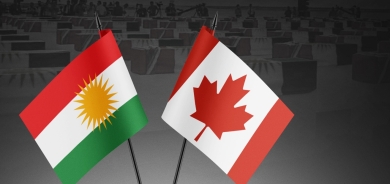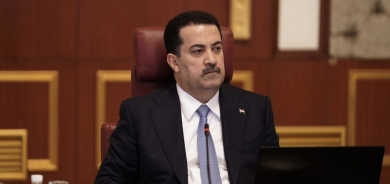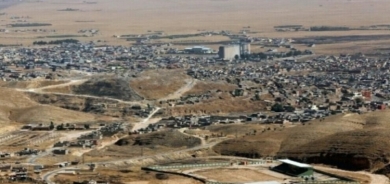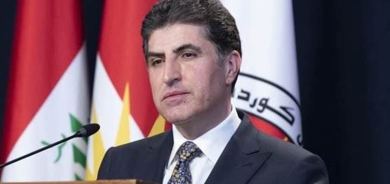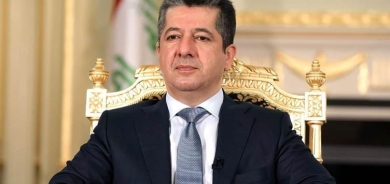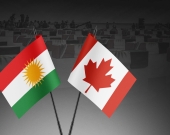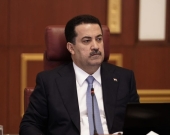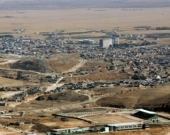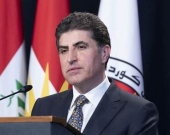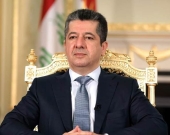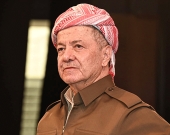Kurdistan’s Health System in a Globalized World
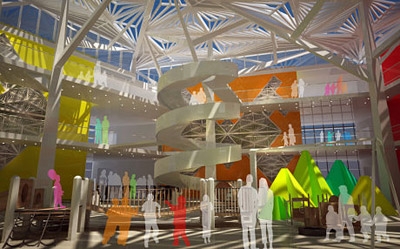
BARCELONA, Spain –
Many governments internationally are failing in their responsibility to provide adequate healthcare for their populations, according to an international study. Due to globalization, the impact of poor healthcare in some parts of the world is felt internationally, it says.
“National governments are responsible for respecting, protecting and fulfilling their population’s rights to health... Domestic and international efforts have to be cross sectorial and take into consideration their impact on public health,” Jeanette H. Magnus, head of the Institute of Health and Society in the University of Oslo, said when the report was unveiled this week.
The study conducted by the University of Oslo and the respected medical journal the Lancet is entitled “The Political Origins of Health Inequity: Prospects for Change.” Among other things, it says that “national leaders tend to prioritize short-term issues over long-term national and international priorities and interests regarding health.”
In the Kurdistan Region, says a former minister of higher education – who is himself a doctor of clinical microbiology – healthcare is still geared toward short-term goals of combating illnesses once they happen, not on prevention.
“The health management system is based on fire-fighting and damage-limitation instead of health protection and promotion,” said Professor Dlawer Ala’Aldeen, who knows the Kurdistan Regional Government (KRG) from the inside, from serving as Minister of Higher Education and Scientific Research until 2012. He is now professor of medicine at the University of Nottingham in Britain.
“The health system in Iraq has been allowed to evolve naturally over the decades, which is why it has become like a dinosaur that is hard to manage or reform,” he told Rudaw.
“Currently, the healthcare provided in public hospitals is free but of poor quality, and the private healthcare is not free but still of low quality,” he said.
Ala’Aldeen, who thinks not only in terms of problems but also of solutions, added that Kurdistan’s healthcare is at an early development stage where, with the correct long-term strategy, it can be built right. “There is no reason why Kurdistan should not aspire to become like Europe and have a free and high quality healthcare system,” he added.
“Kurdistan’s political and governance system is currently entering an exciting and critical stage of evolution, and now is an excellent time for the KRG to think fresh, design long-term strategies and implement them in milestones,” Ala’Aldeen said.
“There is no reason why Kurdistan should not aspire to become like Europe and have a free and high quality health system,” he added.
The professor said that factors behind causing health and socioeconomic inequalities in Kurdistan are complex and largely related to the governing and management system it inherited from the old Iraq, and to internal politics.
“However, there are fundamental issues that have not been tackled by the KRG, and, as a consequence, the inequalities were sustained or even further enhanced,” he said.
The chairman of the commission who did the research and is rector of the University of Oslo, Professor Ole Petter Ottersen, said in his report that the actual global system prioritizes wealth creation over human health.
“Human health and wealth can go together, and they do not have to be mutually exclusive,” Ala’Aldeen believes. “They both are key priorities in national building. I believe the KRG has tried to promote both, but has been more successful in growing the economy and improving wealth than health.”
He added that the first thing the KRG should do to improve population health is to adopt policies based on evidence.
“There are some top-level statistics gathered in Kurdistan, but the data have chronically lacked depth and quality. They often remain as figures to demonstrate the magnitude of the problems but rarely used for informing policy, planning, or identifying key issues. They are not used to measure performance and outcome,” he said.
The Lancet and University of Oslo report said that differences in chances of survival between communities are not just down to poverty. It raises wider questions of socioeconomic inequality and the will to improve global governance.
According to comments by senior Kurdish officials, healthcare in Kurdistan does not appear to be suffering from a shortage of funds. It is diseased and weakened by bad planning.
KRG Minister of Health Dr. Rekawt H. Rashid Karim was quoted last year as saying that the KRG budget for health is 4.8 per cent. But, he added, “when we need money, the ministry of finance and the prime minister assists us with ad-hoc funds. Year-by-year, our budget increases. Last year it was 4.8 percent, but this year it is a larger figure.”
The health infrastructure in Kurdistan – indeed in Iraq -- is struggling to get back on its feet.
“Prior to 1991, Kurdistan’s healthcare infrastructure was completely destroyed,” Karim noted. “From 1991 to 2003, there was not enough budget for us to build hospitals and facilities; the budget was just enough to cover salaries. From 2003 we have had a budget from the ministry of health in Baghdad, but that isn’t enough to cover more than 40 percent of our needs.”
Rudaw

